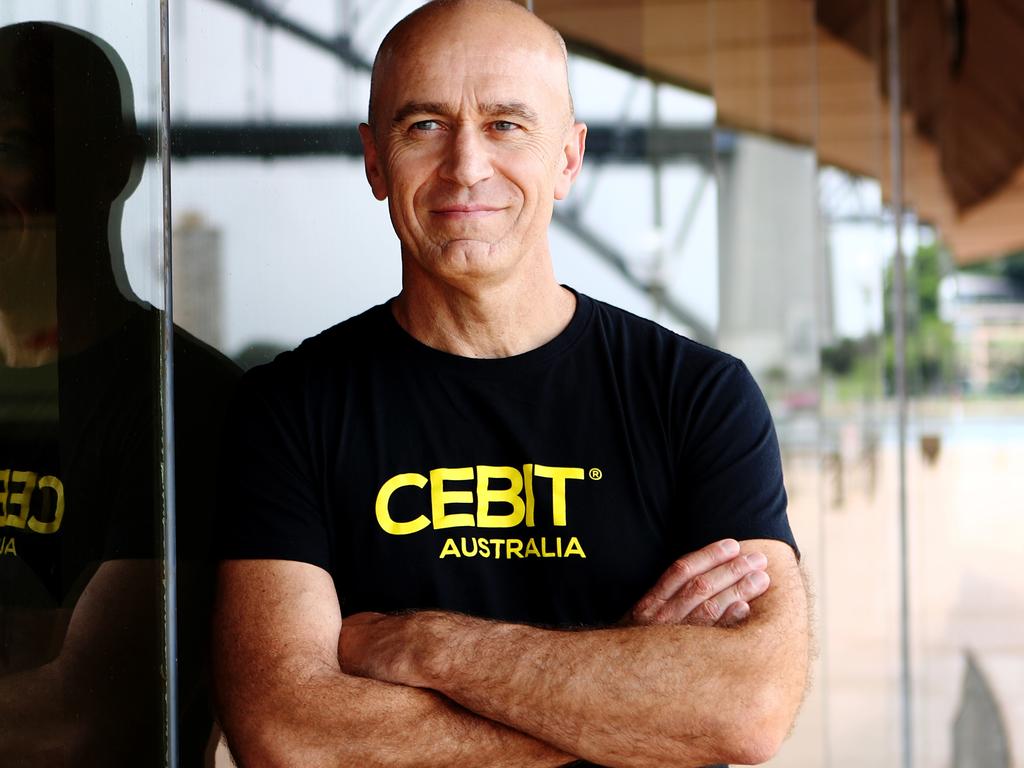Facebook hit with global backlash over ban
International media outlets have lashed Facebook as bully using ‘brute force tactics’ over its Australian news ban.

Facebook is facing a global backlash over its Australian news ban, as international media outlets lashed the social media giant as a bully using “brute force tactics”.
The ban made headlines across the US, UK and Europe with the Guardian US attacking the platform’s “public relations disaster” and the UK Telegraph dedicating a letters’ page to the ban.
Writing in the US Guardian, Columbia Journalism School digital journalism director Emily Bell attacked the timing of the decision as a PR disaster.
“Even for a company that specialises in public relations disasters, this was quite an achievement,” she wrote.
“Facebook had not thought whether the week before vaccines roll out was appropriate timing for a news blackout,” she wrote.
Final thought ordering on the FB/Aus issue.
— emily bell (@emilybell) February 18, 2021
1. Facebook is entirely within its rights to remove any /all links and pages from its platform so it doesn’t have to pay a link tax on news.(Even though it already does exactly this for news tab, which is ad hoc and discretionary)
“A company that cannot reliably identify legitimate news sites or make a determination between a vital information service and the conspiracy-laden Epoch Times (which was also cut off) should not be part of a country’s critical communications infrastructure. Yet this is the Facebook paradox.”


Metro UK called for readers to “delete Facebook” in a front page cover that warned the tech giant it faced being treated like a pariah in the UK, comparing its possible future with that of Big Tobacco.
Prime Minister Scott Morrison said on Friday he had spoke to his Indian counterpart Narendra Modi about the ban and the media bargaining code which prompted it.
“They may be changing the world, but that doesn’t mean they should run it,” Mr Morrison said. “We will not be intimidated by this act of bullying by BigTech, seeking to pressure parliament as it votes on our important News Media Bargaining Code”
Mr Morrison added: “I am in regular contact with the leaders of other nations on these issues. We simply won’t be intimidated, just as we weren’t when Amazon threatened to leave the country and when Australia drew other nations together to combat the publishing of terrorist content on social media platforms.”
The Washington Post described Facebook’s action as “ brute force tactics” in a fight which could set precedent across the globe.
“Facebook’s decision to block the posting and sharing of Australian news highlights the platform’s vast influence over the media industry, raising the stakes in global regulators’ efforts to address its power,” the newspaper wrote in an editorial
“In taking that extreme step, the company highlighted how much power it has to sidestep regulations it doesn’t like.
“And that’s emboldening lawmakers who already believe there’s a case for Facebook to be broken up,” the Post wrote.
US Democrat Congressman David Cicilline accused Facebook of abusing its “monopoly power,” while UK Tory MP Julian Knight described the decision as “idiotic” but “disturbing.”
“Threatening to bring an entire country to its knees to agree to Facebook’s terms is the ultimate admission of monopoly power,” Mr Cicilline wrote in a tweet.
If it is not already clear, Facebook is not compatible with democracy.
— David Cicilline (@davidcicilline) February 17, 2021
Threatening to bring an entire country to its knees to agree to Facebook’s terms is the ultimate admission of monopoly power. https://t.co/0JjTqtQhku
Mr Knight who chairs British Parliament’s Digital, Culture, Media and Sport Committee, told Sky News UK: “It is one of the most idiotic but also deeply disturbing corporate moves of our lifetimes.
“Australia’s democratically elected government is democratically elected. And they have the right to make laws and legislation. And it’s, it’s really disrespecting democracy to act in this fashion,” he added.
The Telegraph UK questioned Facebook algorithms and what removing Australians new from the platform would mean for the world.
“It is uncertain how well Facebook’s artificial intelligence will be able to recognise what is and is not news, beyond specific blocks on known outlets,” the paper wrote.
“It is a radical piece of brinkmanship … and contradicts chief executive Mark Zuckerberg’s stated mission to ‘connect the world’ and increase free expression.
“It also cuts against the company’s historical pattern of maximising the content on its service, even when that causes trouble.”
International media also attacked Facebook for deleting links to emergency services and domestic violence counselling pages.
The Economist said the way the platform “botched the blackout … was a disconcerting demonstration of the power wielded by the company.”
The Economist also warned the social media giant would face more stand-offs if the European Union followed through with tech regulations. Predicting more confrontations between old and new media barons, it wrote: “Whoever wins those confrontations, it looks as if the main losers may be small news organisations.”
Facebook’s wrath wasn’t felt in Australia alone. Global media and entertainment company Time Out came to social media to report issues in two of its Asian bases reporting strange experiences.
The Australian understands Time Out Bangkok had its social media publishing schedule wiped. It put out a reminder on Instagram for its followers to access its website directly, rather than a social media platform.








To join the conversation, please log in. Don't have an account? Register
Join the conversation, you are commenting as Logout